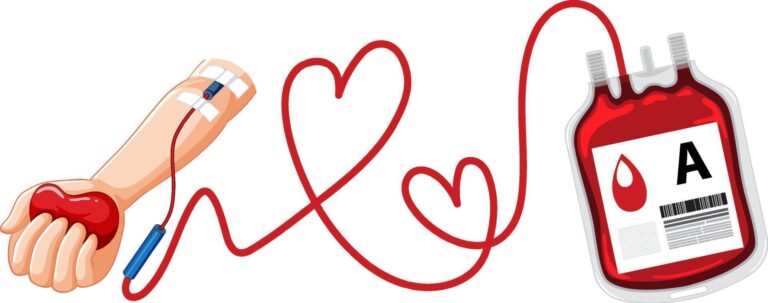Blood donation is not just an act of kindness; it’s a vital service that has far-reaching implications for health and healing. Each donation can save lives, support medical treatments, and even enhance community health. In this article, we will explore the importance of blood donation, its impact on individuals and communities, and how you can get involved.
The Need for Blood Donations
Every year, millions of people require blood transfusions due to various medical conditions, including:
- Surgical Procedures: Many surgeries require blood transfusions to replace lost blood.
- Cancer Treatments: Patients undergoing chemotherapy often need blood transfusions to combat the effects of treatment.
- Trauma and Emergencies: Accident victims frequently require immediate blood to stabilize their condition.
- Chronic Illnesses: Patients with conditions like sickle cell disease or thalassemia often need regular blood transfusions.
The Lifesaving Impact of Blood Donation
1. Saving Lives
The most compelling reason to donate blood is the potential to save lives. One donation can help up to three patients, making your contribution incredibly impactful.
2. Supporting Medical Treatments
Blood donations are essential for treating various medical conditions, such as:
- Anemia: Blood transfusions can help individuals suffering from anemia regain their strength and health.
- Organ Transplants: Donated blood is critical for transplant surgeries, where blood loss can occur.
3. Emergency Preparedness
Blood banks must maintain a constant supply to be prepared for emergencies. Natural disasters, accidents, and unforeseen medical crises can deplete blood reserves quickly. Regular donations ensure that hospitals have the resources needed to respond effectively.
4. Enhancing Community Health
Blood donation fosters a sense of community and solidarity. When individuals come together to support one another, it creates a healthier society overall. Blood donation drives often serve as awareness campaigns for health issues, educating the public on the importance of health and wellness.
How to Get Involved
1. Become a Regular Donor
Consider making blood donation a regular part of your life. Many organizations recommend donating every 8 weeks, which allows your body to replenish its blood supply.
2. Participate in Blood Drives
Look out for blood drives in your community or organize one. Local schools, businesses, and community centers often host drives, making it easy for individuals to donate.
3. Spread Awareness
Use your voice to advocate for blood donation. Share your experience on social media, talk to friends and family, and encourage them to donate as well.
4. Volunteer with Blood Donation Organizations
Many organizations need volunteers to help organize blood drives, spread awareness, and assist with administrative tasks. Your time can make a significant difference!
Conclusion
The importance of blood donation cannot be overstated. It is a simple yet profound way to impact the lives of others positively. By donating blood, you can help save lives, support medical treatments, and foster community health. Whether you’re a first-time donor or a regular contributor, your participation is vital in ensuring a steady supply of blood for those in need. Join the movement today and be a lifesaver!


